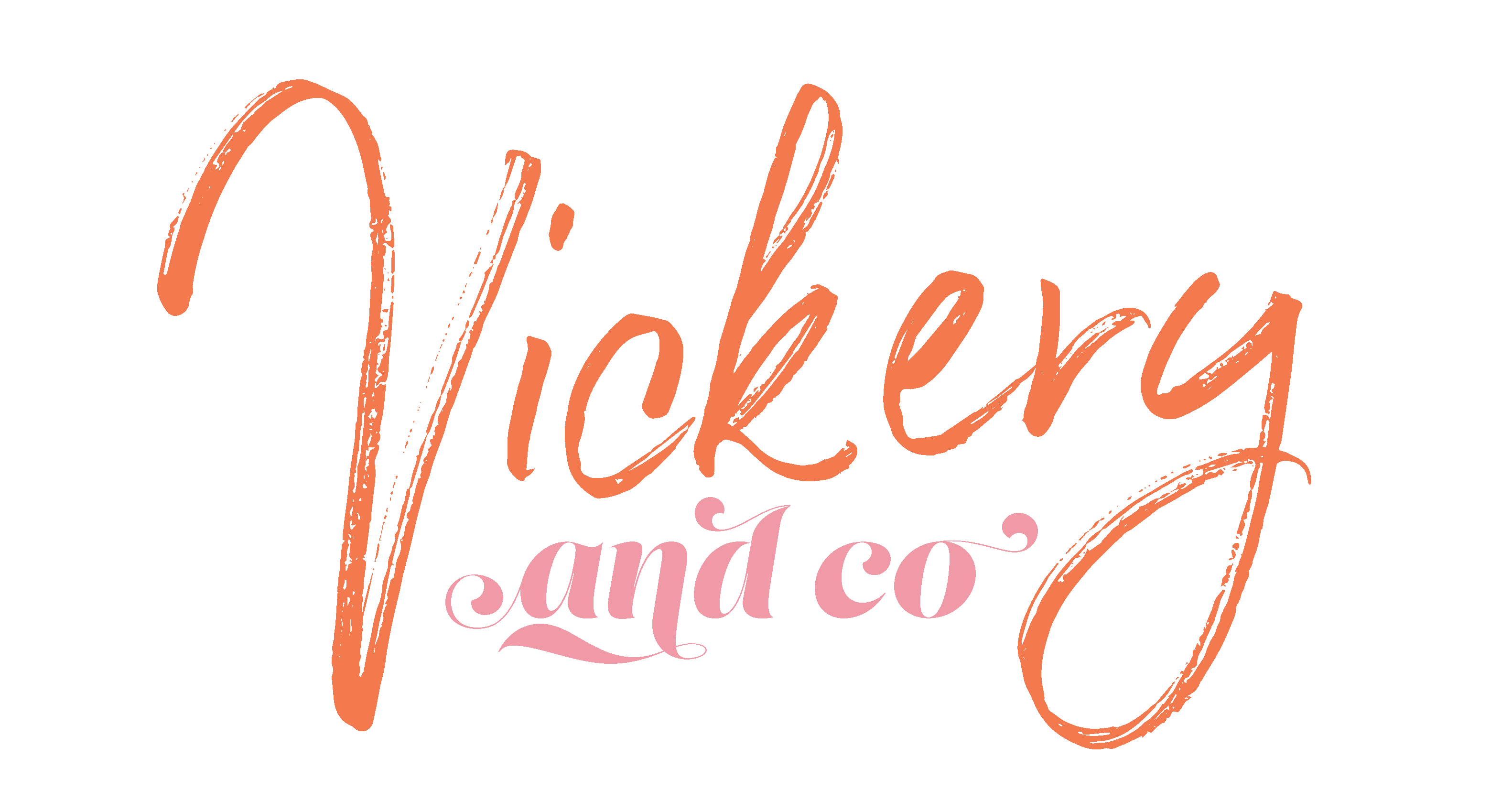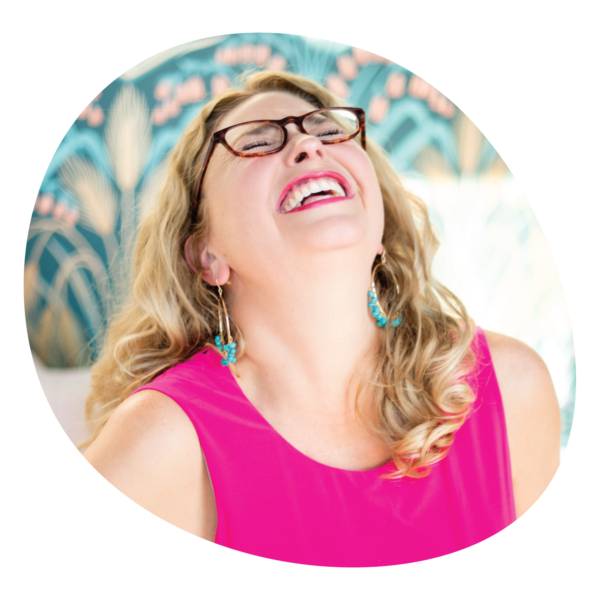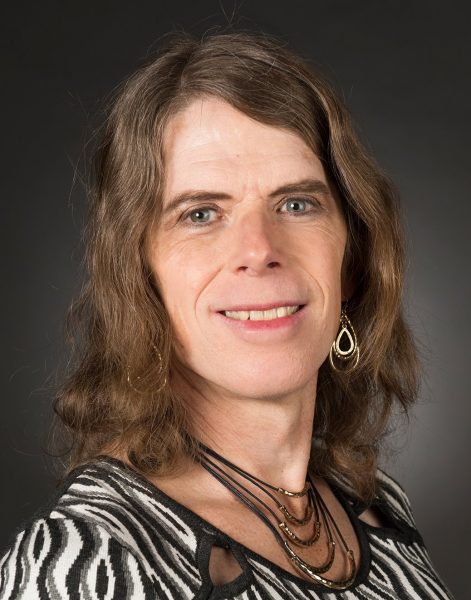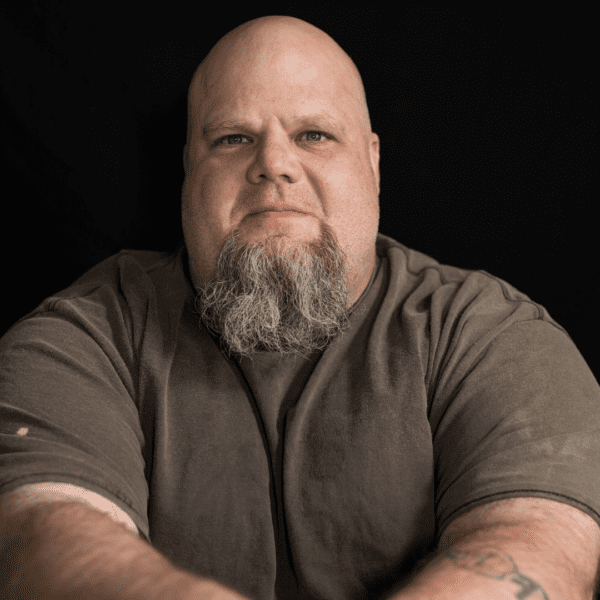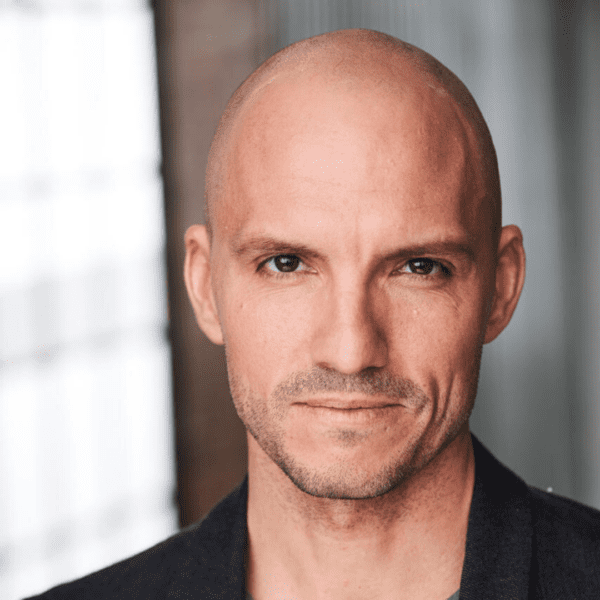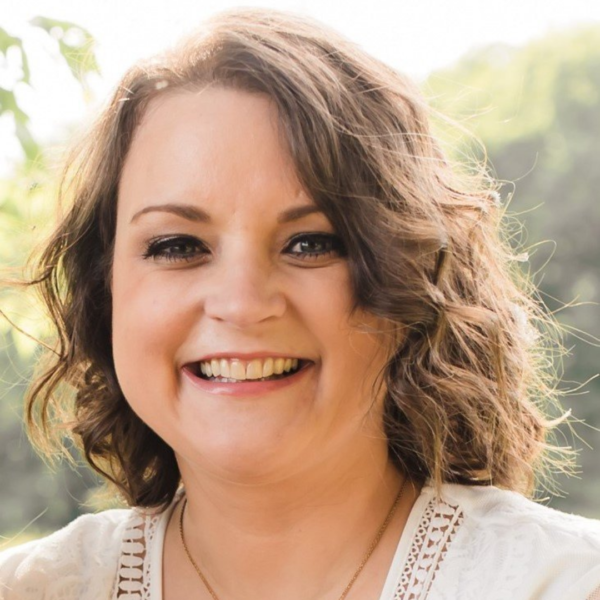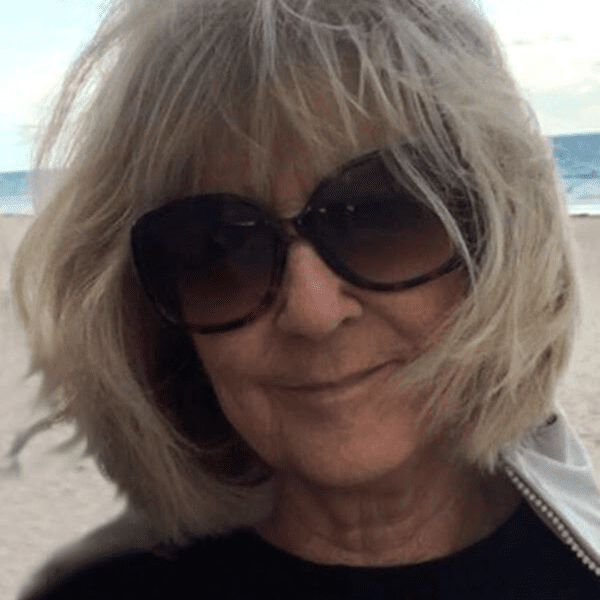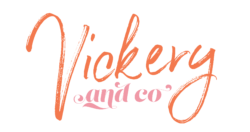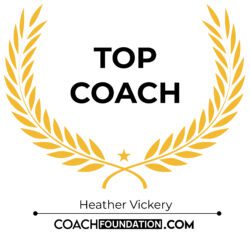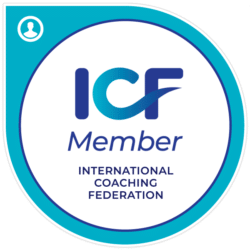Content Warning: This episode discusses sexual assault, religious trauma, and conversion therapy.
Family Matters
The people who raise us will inform the trajectory of our lives, whether we want them to or not. For Elena Joy Thurston, the Mormon church was a grounding force amid the tumult of her childhood. Her parents divorced when she was eight. From then on, she flip-flopped between her mom and dad’s households. One of the few constants in her life was the presence of her siblings, both of whom are around a decade her senior. They looked out for her, and as she got older, Elena came to realize that they purposefully served as a buffer between her and her parents. “I saw how they were trying to protect me from the very people who were supposed to protect me,” Elena says. “It really made me question, ‘What is a mom? What is a dad? What is a functional family?’”
As a teenager, Elena turned those existential questions inward. She started to ask, “Who am I? Why am I here? What am I supposed to do?.” Most of us continue to ask those questions well into our adulthood, but Elena made a friend in high school who claimed to have all the answers. The secret to a happy, fulfilling life, this friend said, is Mormonism.
New Rules
At the tender age of sixteen, Elena was baptized into the Mormon church. Mormonism provided a sort of checklist that she could run down to ensure love, happiness, and security. Elena’s always sought out ways to move through life better and faster. In many respects, the Mormon church encouraged that. They emphasized that their congregation should marry young—Before people become too set in their ways, Elena explains. Finding someone young is good, they said, when you’re still receptive to change. Elena went to a college with a small but active Mormon community. She met a young Mormon man that she got along with, and six years later, they were engaged. She was 19.
The next fifteen years of her life were a whirlwind. After college, she had four children, and she devoted nearly all of her time to them. When her youngest finally went to kindergarten, Elena found herself with something she was without for over a decade: free time. At first, the prospect excited her. But the more time she had to herself, the more anxious she got. It became impossible to sit still or spend time alone with her thoughts. Although she was surrounded by people, Elena still felt completely alone. She wasn’t even her own friend, she says, because she didn’t know herself.
Fishing Buddies
When Elena was around twenty, she began to wear a specific, ultra-conservative cut of undergarments called “temple garments.” It’s also known as “Mormon underwear.” Whenever she showered, she would quickly remove the underwear and then put it right back on, sometimes without even looking at her body. Through this ritual, the idea that her body is a burden took root. “My body was something to suppress, to subdue,” she explains. “It was lustful, worldly, all those things you’re supposed to overcome. My job of being on earth was supposed to overcome my body, not connect with my body.”
With all her free time, Elena took up a surprisingly physical hobby: flyfishing. She found that the act of flyfishing demanded that she be present in her body. In those meditative moments of standing in the river, learning to flyfish, Elena began to feel grounded in her physical body for the first time.
Elena fly fished with a partner, a woman in the community who isn’t Mormon. It wasn’t long before Elena began to notice how her body responded to being close to her: Flushed cheeks, rapid heart rate, churning stomach. Before she knew it, she fell in love. To her delight, the woman loved her, too.
Conversion Therapy
When Elena’s husband found out about the affair, Elena found herself freefalling. A part of her craved the security of her old life—The one with clear rules, where everything made sense. Someone in her congregation recommended she consult a Mormon man who claimed to help other Mormons “work through” their same-sex attraction. Elena sought him out, and before she knew it, she was in conversion therapy.
Conversion therapy is intended to “treat” homosexuality like a psychiatric disorder akin to depression or anxiety. There are two types of conversion therapy: aversion therapy and psychotherapy. Aversion therapy is a type of conditioning that seeks for patients to associate something with an unpleasant sensation. It’s based on Pavlov’s research on classical conditioning. Psychotherapy, or talk therapy, is based on the trauma model, which suggests that trauma causes psychiatric disorders to develop.
Elena’s conversion therapist used talk therapy to “treat” her. He suggested that Elena experienced something in her past that “made” her gay. As it happens, Elena did experience violent sexual trauma as a teenager: She was gang-raped when she was fifteen. The conversion therapist was triumphant: Finally, he thought, the root of her homosexuality was revealed.
#MeToo
Elena went to conversion therapy in 2017, during the rise of the Me Too movement. The movement taught her that more women than she thought experienced sexual assault or harassment. She read a report that stated around 81% of women have experienced sexual harassment. In that moment, she had an epiphany: 81% of women are not gay. Her experience with sexual violence is not the root cause of her gayness.
Leaving (Almost) All of it Behind
Elena knew she wanted to leave conversion therapy, but her therapist insisted on one last session that included her and her husband. In the middle of the session, a sensation of finality washed over her. She knew beyond a shadow of a doubt that they were wrong: She couldn’t be fixed because there was nothing to fix. She walked out before the session officially ended. Soon after, she filed for divorce. She realized that she did not want her children to model their romantic relationships after the one she had with her husband. Elena knows how difficult it can be for a child to watch their parents divorce. To this day, she regrets the pain she caused them, but she is secure in her decision to divorce her husband. Elena knows that sometimes, doing the right thing doesn’t feel or look good, but it’s still worth doing.
The Pride and Joy Foundation
The project Elena’s most passionate about right now is The Pride and Joy Foundation. Elena founded the Pride and Joy Foundation in March 2020 in response to the COVID-19 pandemic. At that time, the suicide rate for young members of the LGBTQ community skyrocketed. The community needed help, Elena says, and she wanted to help them. She identified that, for many LGBTQ children, their families don’t share in their identity. For this reason, The Pride and Joy foundation is a space for families to understand the intricacies of life as an LGBTQ person.
Celebration
Elena finds joy in the people she meets through her work. After this conversation with the resident expert on celebration, she hopes that she will begin to celebrate her wins.
Learn More!
Elena is an inspirational speaker, organizational trainer, and writer. Her TEDx speech, “How I recovered from conversion therapy” is available on YouTube, and you can read her writing here and here.







